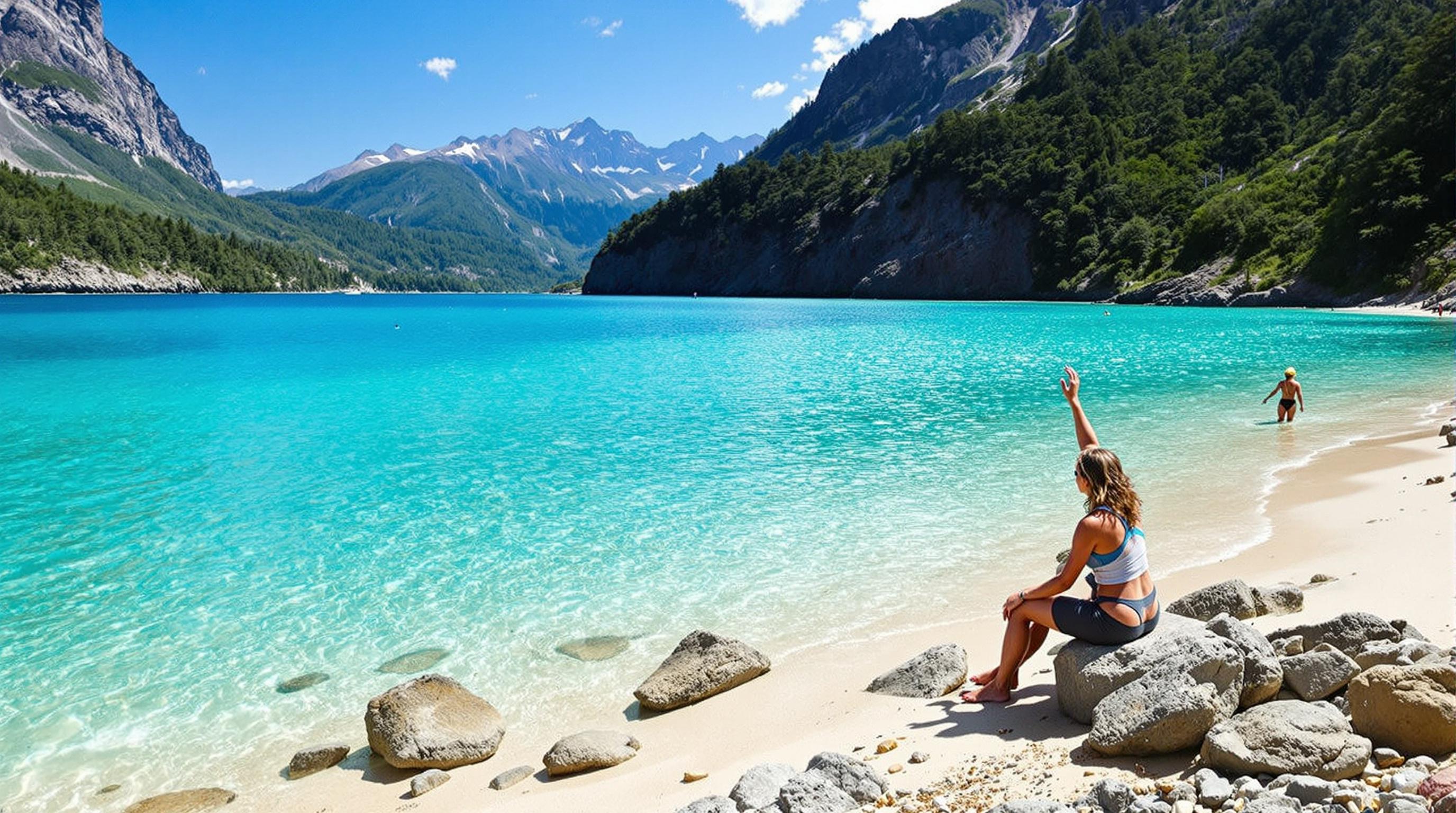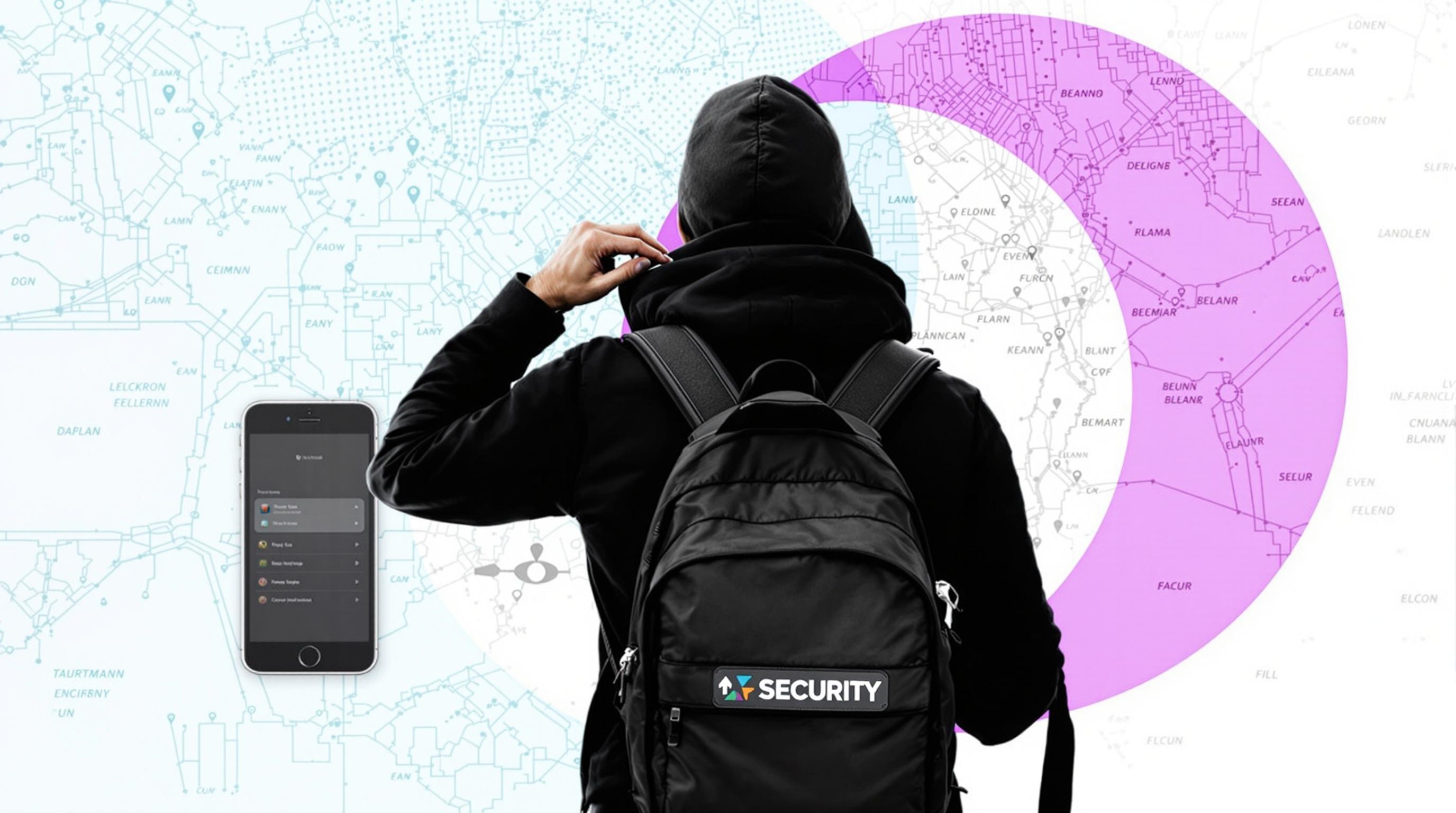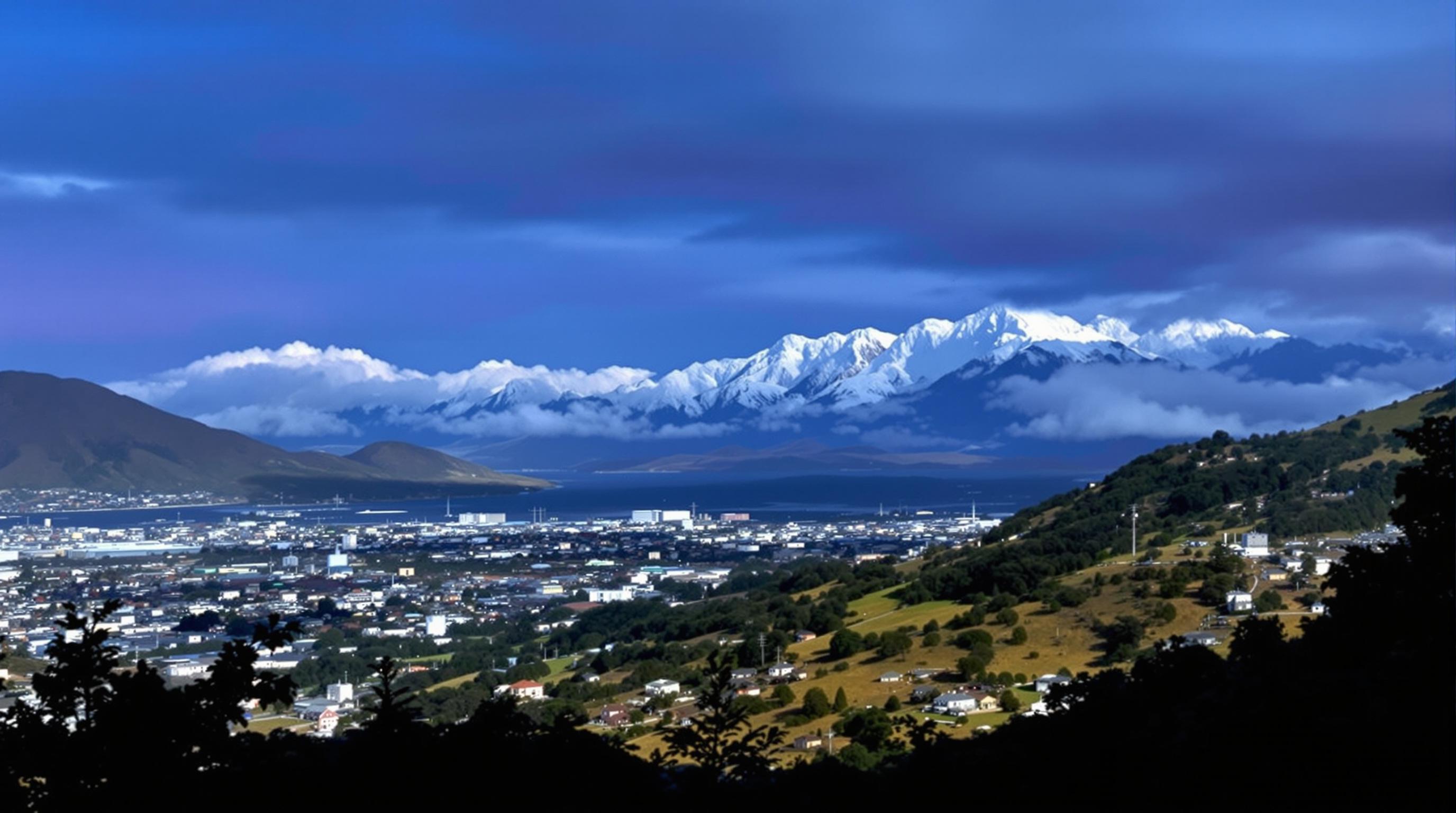Related Articles
- Uncharted Escapes: Navigating the Controversial Allure of Fringe Destinations and Their Untold Stories
- Uncharted Realms: The Surprising Intersection of Urban Legends and Adventure Travel in Offbeat Locations
- Curious Chronicles: Bizarre Transport Innovations Shaping Uncommon Explorations Across Unvisited Trails
- The Forgotten History of Eco-Adventuring: Learning from Indigenous Practices for Modern Exploration
- The Hidden Impact of Eco-Conscious Adventure Games on Environmental Education and Community Resilience
- Uncommon Routes: The Unexpected Appeal of Ghost Town Hikes in Eco-Friendly Exploration
7 Groundbreaking Travel Safety Insights from Uncharted Territories: Redefining Your Approach to Secure and Thrilling Adventures
7 Groundbreaking Travel Safety Insights from Uncharted Territories: Redefining Your Approach to Secure and Thrilling Adventures
7 Groundbreaking Travel Safety Insights from Uncharted Territories: Redefining Your Approach to Secure and Thrilling Adventures
1. Embracing Local Knowledge
When venturing into uncharted territories, the importance of local knowledge cannot be overstated. Engaging with local communities provides invaluable insights that can enhance your safety while exploring new environments. Locals often possess unique awareness of potential risks, cultural nuances, and safe zones that may not be indicated in guidebooks or on travel websites.
By using platforms like Airbnb Experiences or engaging with local tour guides, you can learn about the landscape and customs of an area directly from those who know it best. For instance, in regions with complex political climates or natural hazards, locals can offer directives on safe passage or current weather patterns that could affect your journey.
Additionally, utilizing social media to connect with locals or travelers who have recently visited can yield current, real-time information on safety and security conditions. Harnessing local knowledge is not just wise; it can turn a standard trip into an enriching, secure adventure.
2. Technology as a Safety Companion
The advent of technology has transformed travel safety management. Various apps are available that provide real-time alerts about natural disasters, security threats, or even health emergencies. Apps like TripIt and SmartTraveler can help you keep all your travel plans organized and updated, ensuring you’re connected to vital resources wherever you are.
Moreover, GPS and mapping services have significantly improved navigational safety. They can help you avoid hazardous areas or guide you through uncharted territories where traditional maps might fail. Furthermore, sharing your location with trusted friends or family using features provided by many social media platforms can enhance your security, allowing others to track your journey and ensure your well-being.
However, while technology offers great support, it is crucial to be aware of the risks associated with over-reliance on it. Cybersecurity measures should be taken to protect personal information from being compromised while traveling, especially when using public Wi-Fi.
3. The Role of Travel Insurance
Investing in travel insurance is becoming an essential part of travel planning, particularly when exploring less-traveled destinations. Comprehensive travel insurance can cover a range of unexpected issues, including medical emergencies, trip cancellations, or lost belongings. Having this safety net provides peace of mind, allowing travelers to explore without constantly worrying about potential mishaps.
Notably, some insurance providers offer policies tailored to adventure travelers, covering activities like hiking, scuba diving, and other extreme sports. Understanding the specific needs of your adventure will guide you in selecting the best insurance coverage. Always read the fine print to be informed about what is covered and what isn't.
Moreover, in the wake of the global pandemic, travel insurance policies have started incorporating coverage for COVID-19-related cancellations. This further highlights the necessity of being informed and well-prepared when embarking on international adventures, particularly in unpredictable environments.
4. Understanding Cultural Sensitivity
Navigating uncharted territories often involves encountering cultures and traditions that are vastly different from your own. Understanding and respecting local customs is not only a mark of good etiquette but also a fundamental aspect of personal safety. Rude behavior can lead to misunderstandings or conflicts that could place you in danger.
Before traveling, invest time in researching the cultural norms of your destination. This might include understanding dress codes, communication styles, and dietary restrictions. For example, modest attire may be necessary in conservative regions, while certain behaviors could be seen as disrespectful or offensive.
Engaging in cultural sensitivity training or workshops can also make a significant difference. Such preparation allows travelers to approach their journey with respect and understanding, fostering positive interactions and reducing the likelihood of confrontations.
5. Staying Adaptable
Flexibility is essential when traveling through uncharted territories. Unexpected events such as natural disasters, sudden political unrest, or changes in local regulations can disrupt travel plans. Being adaptable allows you to respond effectively to these challenges.
Instead of adhering strictly to a pre-planned itinerary, consider building in flexibility that allows for spontaneous changes. This could mean having a list of alternative activities or accommodations that are easy to pivot to in case of emergencies. For example, if an area is deemed unsafe, knowing where else to travel can keep your adventure going rather than ending it prematurely.
Travelers should also prepare mentally for the possibility of encountering obstacles. Accepting that things may not always go as planned can empower you to turn challenges into learning experiences rather than sources of frustration.
6. Enhancing Personal Safety Awareness
Being aware of your surroundings is crucial when traveling in unfamiliar locations. Cultivating a high level of situational awareness can help you identify potential threats or unsafe situations before they escalate. This includes observing local behaviors, being mindful of your belongings, and recognizing if something feels amiss in a particular area.
Additionally, participating in self-defense workshops can equip travelers with practical skills to protect themselves in threatening situations. Knowing how to react and defend oneself is an empowering means of approaching new experiences and exploring unfamiliar territories.
Moreover, trusting your instincts is vital. If you feel uncomfortable or sense danger, it is often best to remove yourself from the situation or seek help, rather than brushing off your feelings as paranoia.
7. Engaging with Safety Communities
Finally, one of the best ways to enhance travel safety is by engaging with safety-focused communities. Online platforms and travel forums can be rich resources for shared experiences and advice on navigating uncharted territories. Websites like Lonely Planet’s Thorn Tree Forum or Meetup groups can provide connections and safety tips from fellow travelers.
Establishing connections with other travelers and local safety enthusiasts can lead to unique insights and support networks that bolster your confidence while exploring new locations. Networking opens opportunities for group travels, enhancing safety through shared experiences.
Moreover, participating in local workshops or community events can foster connections, making you feel less like a foreigner and more like a member of the community. This sense of belonging can enhance your overall travel experience and security.




